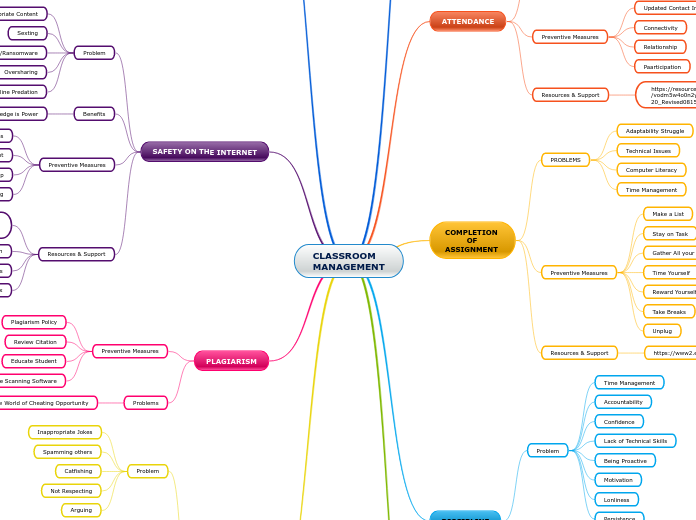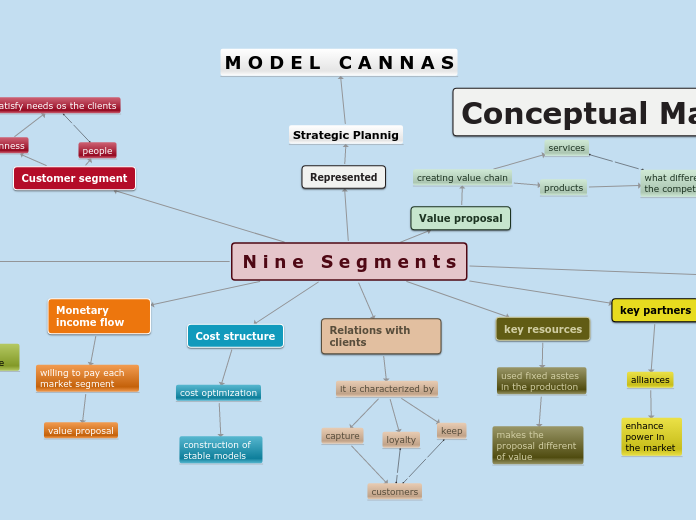Issues In ICT
Cyberbullying
How does it affect us ?
Why is it important ?
cons
The focus on ICT cyberbullying might overshadow other forms of bullying that occur offline
leading to an incomplete understanding of the overall issue
It can be challenging to detect and resolve cyberbullying cases
as the anonymity and vastness of the internet make it difficult to identify the perpetrators
The importance of ICT cyberbullying may not be recognized by everyone
resulting in a lack of attention and action towards preventing and addressing cyberbullying incidents
pros
Addressing ICT cyberbullying can lead to the implementation of stricter laws and regulations to hold cyberbullies accountable for their actions
It helps in protecting individuals from psychological harm and promoting a safe online environment
ICT cyberbullying is important because it raises awareness about the negative impact of online bullying and encourages the development of preventive measures
Cyberbullying is the use of technology to harass, threaten, embarrass, or target another person. Cyberbullying and cyberstalking were most prevalent among 15-20-year-olds. Some forms of bullying can include verbal like name-calling, social like leaving someone out of a game or group on purpose, and extortion by stealing someone's money or toys using computers, the Internet, and mobile phones. Cyberbullying can lead to Insulting, posting or spreading false information about a person that will cause harm to that person or that person’s reputation.
Ergonomics
How does if affect us?
Subtopic
Why is it important?
Cons of considering ergonomics in ICT
Lack of standardization
leading to a lack of standardization and potential inconsistencies in implementation
Ergonomic practices and guidelines can vary across industries and organizations
Limited customization options
Time-consuming adjustments
which can take time and disrupt daily operations
Incorporating ergonomic design may involve making adjustments to workstations and workflows
Potential resistance to change
which can hinder the successful implementation of ergonomic measures
preferring their accustomed work habits
Some individuals may resist adopting ergonomic practices
Additional costs
which can increase costs for organizations
and training
furniture
Implementing ergonomic measures may require upfront investment in ergonomic equipment
Pros of considering ergonomics in ICT
Cost savings
considering ergonomics in ICT can lead to long-term cost savings for organizations
By reducing the risk of work-related injuries and improving productivity
Enhanced user experience
and user-friendly
comfortable
Ergonomic design improves the overall user experience by making ICT devices and interfaces more intuitive
Prevention of musculoskeletal disorders
and repetitive strain injuries
neck strain
Ergonomics helps in preventing work-related musculoskeletal disorders like back pain
Increased productivity
ergonomic considerations can enhance productivity and efficiency
By optimizing the design of ICT equipment and workstations
Improved comfort and well-being
leading to better health and well-being for ICT users
Ergonomic design reduces physical strain and discomfort
to consider ergonomics in ICT (Information and Communication Technology) and what are the advantages and disadvantages of doing so?
What is it?
It is the study of people's efficiency in their working environment. Ergonomic office setups can be very important to our bodies, minds, and health. They have a positive impact such as improved productivity, improved mental clarity, decreased pains, elimination hazards, reduced absenteeism, focus on safety, increased employee satisfaction, and lower insurance costs.









